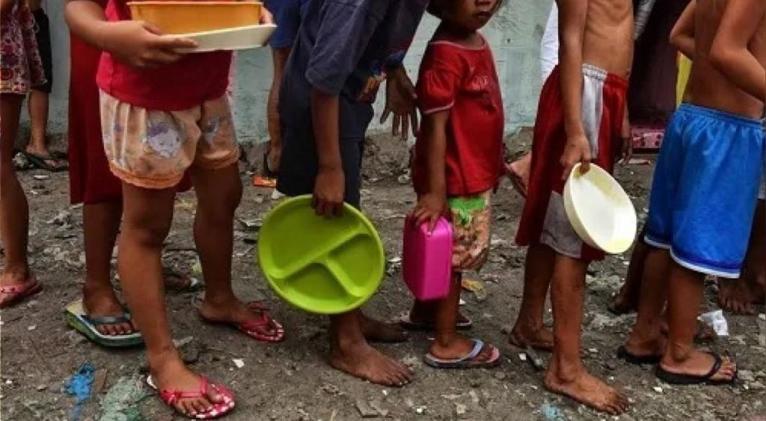FAO: 43.2 million people suffer from hunger in LatAm, Caribbean
especiales

The new United Nations report, Regional Overview of Food Security and Nutrition 2023, states that 6.5% of the population of Latin America and the Caribbean suffers from hunger, or 43.2 million people.
Although this figure represents a slight improvement of 0.5 percentage points over the previous measurement, the prevalence of hunger in the region is still 0.9 percentage points above the 2019 records prior to the outbreak of Covid-19.
Moreover, the scenario is disparate at the sub-regional level. In South America, the number of hungry people declined by 3.5 million between 2021 and 2022. However, there are 6 million additional undernourished people compared to the pre-Covid-19 scenario.
In Mesoamerica, 9.1 million people were hungry in 2022, which means a prevalence of 5.1%. This figure does not reflect any significant variation from the previous measurement.
The scenario is different in the Caribbean. In this sub-region, 7.2 million people experienced hunger in 2022, with a prevalence of 16.3%. Compared to 2021, this number increased by 700,000. Between 2019 and 2022, the increase was one million people, with the highest prevalence in Haiti.
“The hunger figures in our region continue to be worrying. We see how we are moving further and further away from meeting the 2030 agenda, and we have not yet managed to improve the figures before the crisis unleashed by the Covid-19 pandemic. Our region has persistent challenges such as inequality, poverty, and climate change, which have reversed progress in the fight against hunger for at least 13 years. This scenario obliges us to work together and act as soon as possible,” said Mario Lubetkin, FAO Assistant Director-General and Regional Representative for Latin America and the Caribbean.
Lola Castro, Regional Director of the World Food Program (WFP), said that “it is necessary to keep people at the center of all solutions to food insecurity and malnutrition, particularly in the current context of climate emergency.
In support of regional governments, we are promoting actions that protect the most vulnerable people and transform food systems to make them more resilient, as well as accompanying efforts through holistic public policies to promote healthy and affordable diets.
The United Nations report notes that inequalities in Latin America and the Caribbean significantly impact the food security of the most vulnerable people. The prevalence of moderate or severe food insecurity continues to affect women more than men. Although the gap narrowed in the region, it is still 9.1 percentage points, with Latin America and the Caribbean being the region with “In 2022, moderate or severe food insecurity in rural areas was 8.3 percentage points higher than in urban areas.
Once again, it is the rural populations who are left behind, and that is why we must prioritize them in programs and public policies,” said Rossana Polastri, Regional Director of the United Nations International Fund for Agricultural Development (IFAD) for Latin America and the Caribbean.














Add new comment